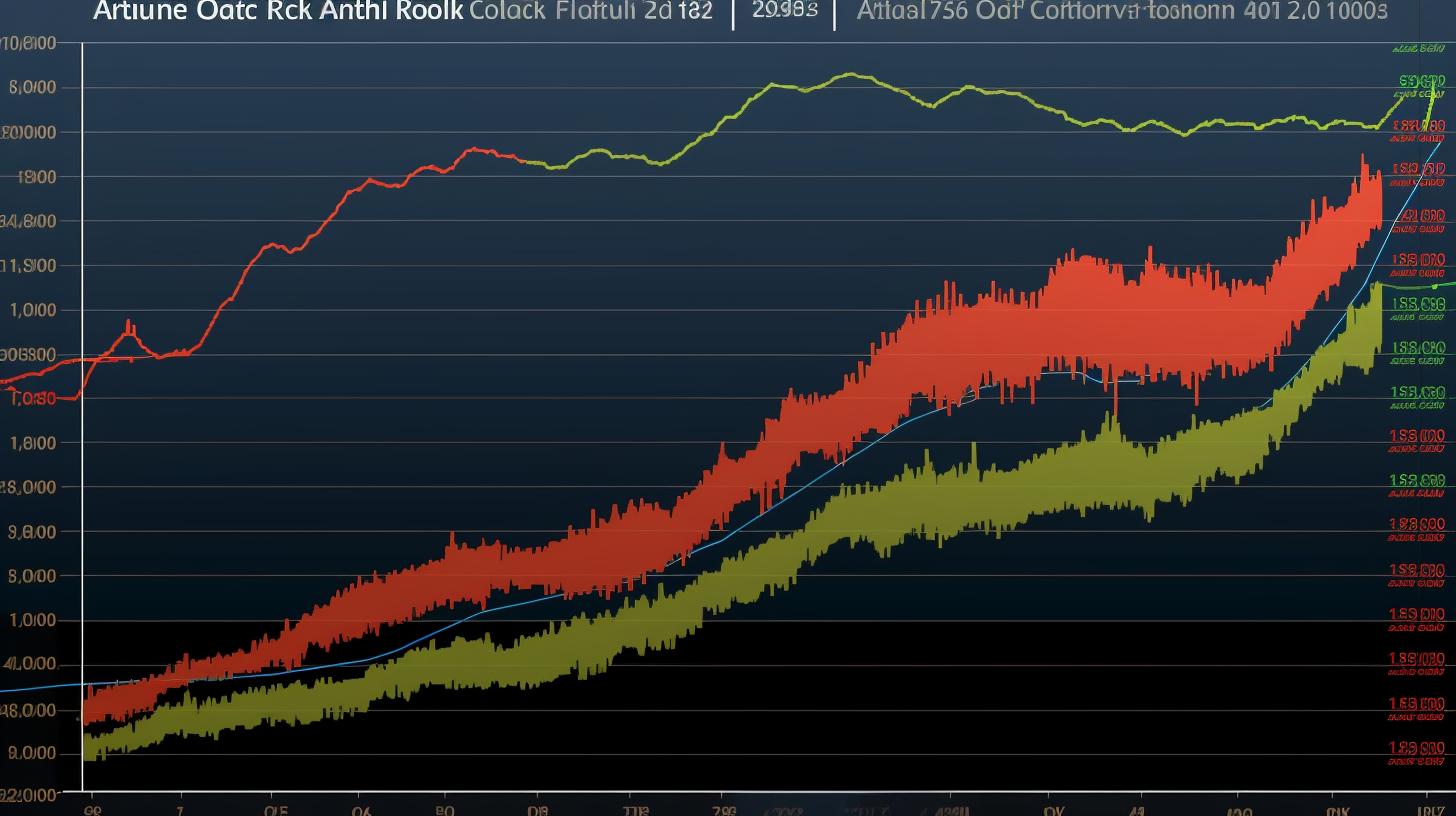Virtual Staging Revolutionizes Real Estate Marketing
Real estate listings are evolving as artificial intelligence (AI) technology enables virtual staging, digitally enhancing property photos to attract prospective buyers. This method allows sellers to showcase homes with improved aesthetics—from lush lawns to modern interiors—without physical alterations, transforming how properties are marketed online.
Case Study: Enhanced Photos Spark Buyer Concerns
Matthew Ping, principal broker at Porcupine Real Estate in New Hampshire, encountered a listing featuring a remarkably lush lawn and refreshed façade, only to discover these elements were “virtually enhanced.” Such enhancements, if done physically, could cost up to $100,000, raising questions about the ethics and transparency of digitally modified listings.
“So, why are you putting that on a listing? I don’t think that makes sense. I think it would turn a lot of people away.” — Matthew Ping, Principal Broker
How Virtual Staging Works
Virtual staging uses AI-powered platforms that analyze uploaded photos of empty or sparsely furnished rooms and digitally insert furniture, décor, and design elements tailored to target demographics. This process can produce multiple styled options rapidly—ranging from seconds to a few hours—enhancing marketing materials with minimal effort. Katy Borja, marketing director at Dickson Realty in Reno, highlights AI’s advantages: “Speed, flexibility, and how quickly you can go to market” make virtual staging accessible across price points. Agents use AI-staged photos across various channels, including MLS listings, websites, and printed postcards, ensuring transparency by labeling these images clearly to avoid misleading buyers.
Cost Benefits and Limitations of AI Staging
Virtual staging offers significant cost savings compared to traditional physical staging, which can be prohibitive due to logistics and expenses, especially for remote or vacant properties. AI staging also accelerates the marketing timeline, bypassing the weeks often required for physical setups. However, MLS regulations typically require disclosure of virtual enhancements, prohibiting alterations that misrepresent property dimensions or fundamental characteristics. This ensures buyers receive accurate information about the homes they consider.
Risks for Buyers and Sellers
Discrepancies between virtually staged photos and a home’s actual appearance can lead to buyer disappointment or distrust. To mitigate this, some agents present AI-staged images alongside unaltered photos, promoting transparency and managing expectations.
“Many agents post AI-staged photos side-by-side with current photos to ensure buyers aren’t misled.” — Katy Borja, Director of Marketing
Despite virtual staging’s affordability and speed, industry experts like Felicia Pulley of the Real Estate Staging Association note that physical staging continues to have a stronger impact on buyer interest and offers.
Broader AI Integration in Real Estate
Beyond visual enhancements, AI supports real estate professionals by automating marketing content creation, drafting client communications, and streamlining internal processes. This integration increases operational efficiency without replacing the value of in-person services. “AI is an evolution, not a revolution,” says Borja. “As technology integrates further into business, agents will increasingly leverage AI as a valuable tool rather than a substitute for traditional methods.”
FinOracleAI — Market View
The rise of AI-powered virtual staging presents a significant shift in real estate marketing dynamics, offering cost-effective and rapid property visualization tools. While it enhances seller capabilities and broadens marketing reach, it also introduces transparency challenges that require clear regulatory and ethical standards.
- Opportunities: Lower staging costs, faster market readiness, enhanced buyer visualization, and expanded marketing channels.
- Risks: Potential buyer mistrust due to misrepresentation, regulatory compliance complexities, and diminished impact compared to physical staging.
Impact: The integration of AI virtual staging is a positive development for the real estate market, increasing efficiency and accessibility while necessitating careful management of buyer expectations to maintain trust and transaction integrity.













